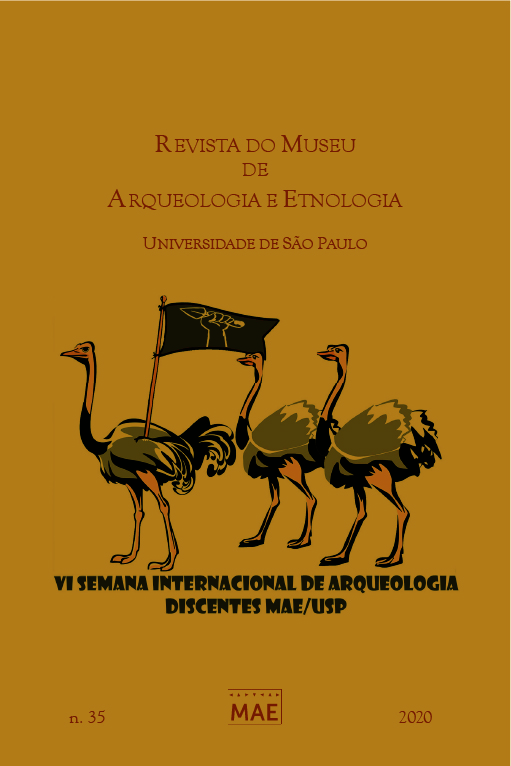The life-history of objects: memories for a history of computer science (1968-2008)
DOI:
https://doi.org/10.11606/issn.2448-1750.revmae.2020.162512Keywords:
History, Memory, Museum, Technology, Material CultureAbstract
This article presents the results of a musealization project at the Computer Engineering Department of the Faculty of Engineering of the University of Oporto (FEUP), which aimed to bring together the history of computing in the academic context of the city, between the sixties of the twentieth century and the first decade of the twenty-first century. This research was rooted in the subjective and naturally fallible memory (Pollack, 1992) of the key people interviewed who, through their testimony, described the impact of technological transformations on their professional and personal experience. During the investigation, we did not try to find the history of the great moments and their "heroes", but rather the small, fragmented and diverse narratives of key persons. Our aim was thus to create a narrative rich in the deviations, flaws, and imperfections that distinguish Man from Machine. We accumulated stories (Kopytoff, 1988) through objects that we used as memory triggers (Simon, 2010) to set a social history of computing in Oporto. Upon realizing that we were also interested in capturing the “procedural memory” the participants then began to enthusiastically describe striking moments, mimicking the sound of machines and identifying friends and colleagues in documents and photographs. However, the most recurrent was the access to “episodic” and “historical” memory (David Manier and William Hirst 2010). We may say that this is a male-written story annotated by women. The immaterial heritage that this project recorded in the form of interviews supports and attributes values to the material heritage (objects, machines, utensils, books and documents) existing at FEUP museum, and attests to the plurality of its contexts of use and agents.
Downloads
References
Appadurai, A. 1988. Introduction: commodities and the politics of value. In: Appadurai, A. (Ed.). The social life of things: commodities in cultural perspective. Cambridge University Press, Cambridge, 3-62.
Assman, A. 2011. Cultural memory and western civilization: functions, media, archives. Cambridge University Press, Cambridge.
Beira, E.; Heitor, M. 2004. Memórias das tecnologias e dos sistemas de informação em Portugal. Associação Industrial do Minho, Braga.
Gosden, C.; Marshall, Y. 1999. The cultural biography of objects. World Archaeology 31: 169-178.
Halbwachs, M. 1990. A memória coletiva. Vértice; Revista dos Tribunais, São Paulo.
Kopytoff, I. 1988. The cultural biography of things: commoditization as process. In: Appadurai, A. (Ed.). The social life of things: commodities in cultural perspective. Cambridge University Press, Cambridge, 3-62.
Manier, D.; Hirst, W. 2008. A cognitive taxonomy of collective memories. In: Erll, A.; Nünning, A. (Orgs.). A companion to cultural memory studies. Walter De Gruyter, Berlin, 253-262.
Morigi, V.J.; Rocha, C.P.V.; Semensatto, S. 2012. Memória, representações sociais e cultura material. Morpheus 8: 182-191.
Pink, S. 2009. Situating sensory ethnography: from academia to intervention. In: Doing sensory ethnography. SAGE, London, 7-23.
Pollack, M. 1992. Memória e identidade social. Estudos Históricos 5: 200-212.
Simon, N. 2010. Social objects. In: The participatory museum. Santa Cruz, California, Museum 2.0, 127-172.
Downloads
Published
Issue
Section
License
Copyright (c) 2020 Ana Temudo

This work is licensed under a Creative Commons Attribution-NonCommercial-NoDerivatives 4.0 International License.













